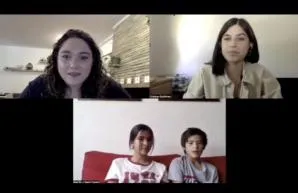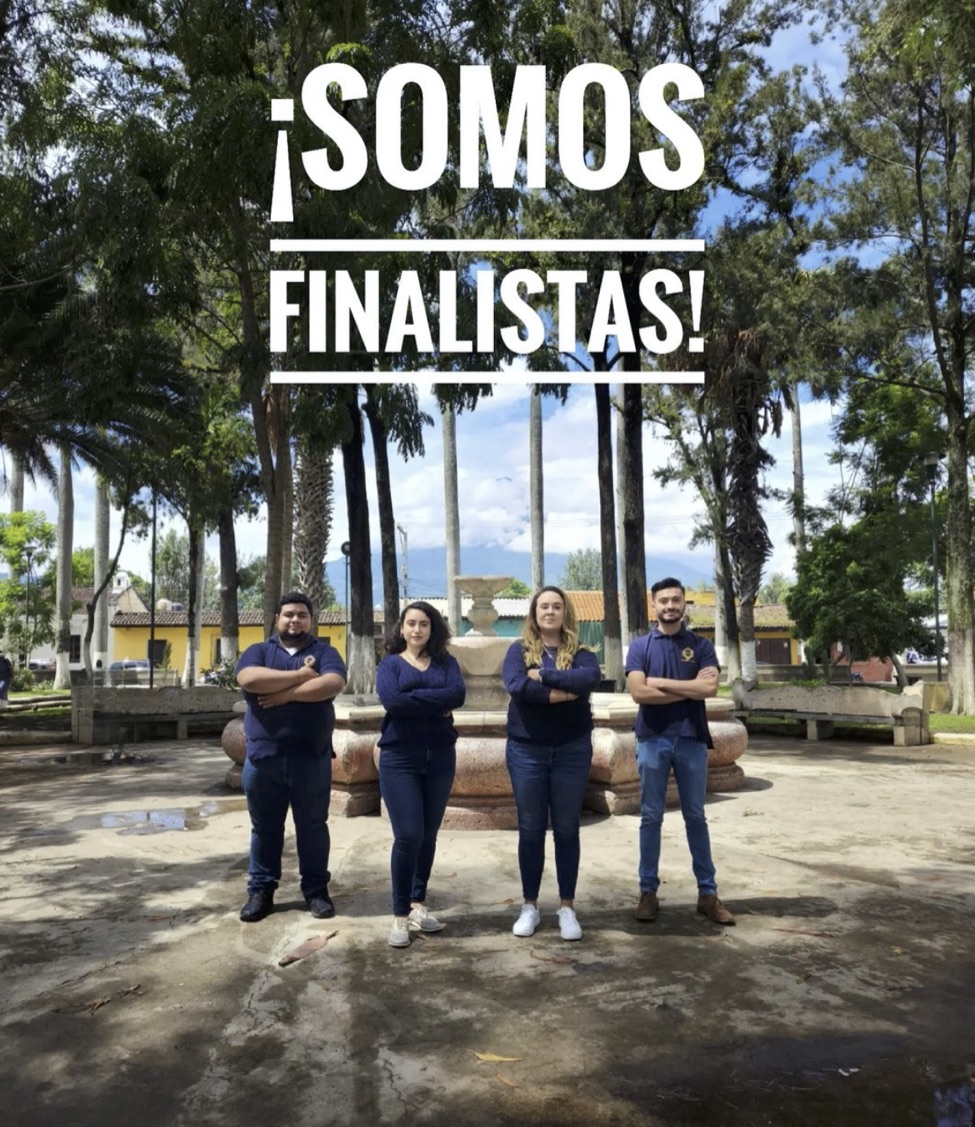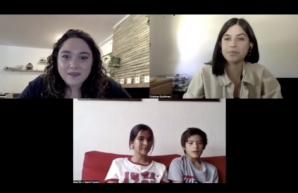Special session (Day 4): An extended opportunity to speak with selected poster presenters and Keck Awards shortlisted nominees.
Submitted by Kate Smith on 08 Sep 2022

Liz Hébert
On Thursday, posters covering various topics were presented, prior to presentations by two Keck award nominees from the Americas.
Creating supportive networks for conservators
To begin, Nicola Walker presented on her recent experience forming a collaborative network of conservators from the UK. “Trusted Conservators” was founded at the start of the pandemic, in response to the numerous challenges of working as a private conservator in isolation. Discussion was focused around advice that Nicola has for other conservators interested in organising their own group. Nicola advised that the focus should be on creating a supportive network with which to share resources.
Green Conservation
Sharing resources was also a point made by Bianca Gonçalves, whose poster discussed green conservation for the preservation of cultural heritage. Bianca listed simple steps that conservators can take to incorporate sustainability into their own practice, highlighting a conservation studio in Portugal that has begun an instagram account where local conservators with a surplus of supplies can share with other conservators. I was personally very moved by Bianca’s statement that, as conservators, our motivation is not only to conserve art, but the planet as well.
Conserving street art and murals
Chiara Ricci presented on guidelines developed by CAPuS project for the conservation of street art and murals. With the help of seventeen partners across five EU countries, the results have been made into a digital resource and online platform available for conservation students. Though participation was limited to five countries, numerous approaches were documented. Moving forward, the project is interested in expanding to other countries around the world.
Interdisciplinary decision making
In conservation we often find ourselves communicating with other professions, which can create friction in the workplace. Ann-Catherine Rothlind’s poster assessed the complexities of interdisciplinary decision making. She summarised that in order to effectively work with other professions, conservators must be knowledgeable about the language we use to communicate, and include the thought process behind our conservation efforts in our documentation.
Leadership for emerging conservators
Julie Hutchison and Susan Bradshaw’s poster addressed methods of fostering leadership among emerging conservation professionals. When questioned about the role mentorship plays in developing leadership, Julie hypothesised that a supportive environment alone is enough to encourage emerging conservators to become leaders. As an ECP myself, I agree with this assessment and believe we must be active as a community to uplift and support each other.
Keck Awards

Leadership is incredibly important, and the Keck awards draw attention to leaders within our field who have contributed toward the public understanding and appreciation of conservation. The work done by Creating a Regional Centre in Guatemala (CERPA) and PictóricaTaller, out of Mexico City, is truly worthy of such recognition. CERPA is a small group of conservators out of Guatemala who recognised that there were limited opportunities and education about cultural heritage. They began a workshop where they taught conservation techniques to a variety of interested people. In the last two years CERPAs educational initiative has restored over 100 movable heritage pieces and amassed a large social media following. Also from the Americas, PictóricaTaller works with children to encourage engagement with art history and conservation. Established during the pandemic, they bring art discussion and analysis into the home via zoom.

I was extremely impressed by the work of both Keck nominees, and at the end of the presentations I found myself interested in learning more about the work they are doing. Be sure to vote for the nominees by the end of the conference, and engage with the incredible work of both organisations.
AUTHOR BYLINE:
Liz Hébert is a paintings conservator interning at Stichting Restauratie Atelier Limburg (SRAL) in the Netherlands.